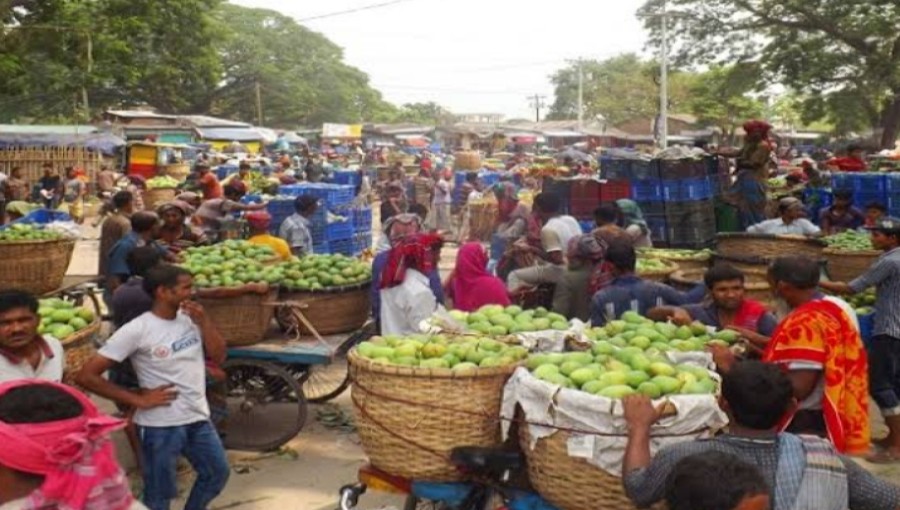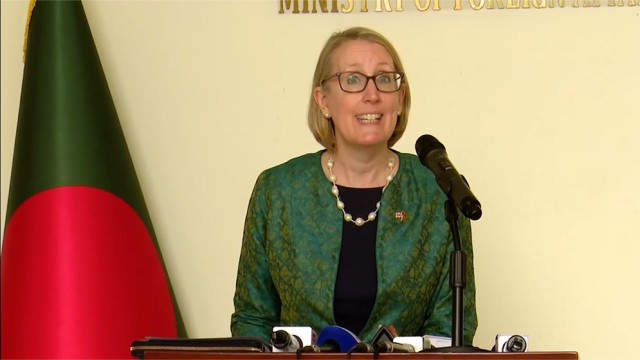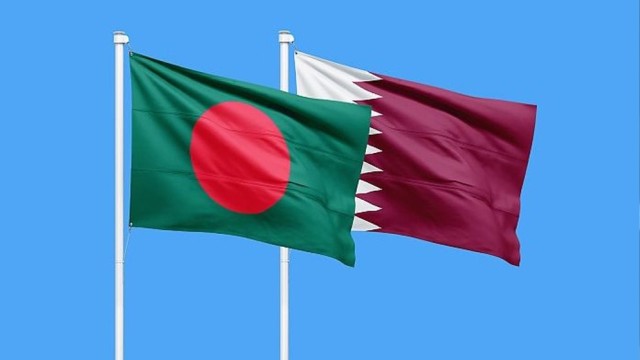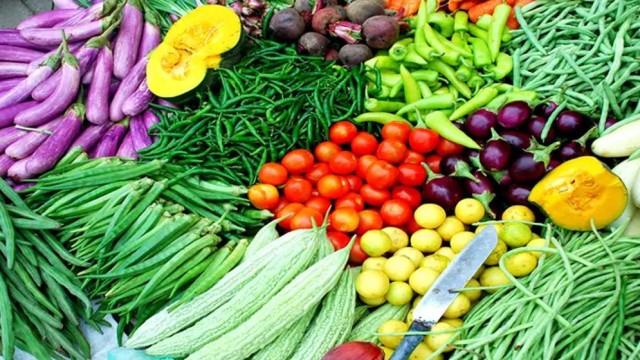In Rajshahi, Bangladesh, mango enthusiasts are flocking to the bustling markets as prices soar this season. With demand outpacing supply, wholesale rates have spiked, creating a buzz among buyers and sellers alike.
The mango market of Rajshahi city in the Bangladesh is bustling with activity. The largest mango market in the district, Baneshwar Haat, along with other upazila markets, is witnessing a flurry of Gopalbhog mango buying and selling.
The market is filled with mangoes of all varieties, attracting a crowd of buyers and sellers. However, compared to last year, mango prices have risen significantly this season. While wholesale prices range from 60-65 taka per kilogram, retail prices are as high as 70-80 taka per kilogram. Interestingly, there are fewer wholesale buyers compared to retail ones this year.
At Baneshwar Haat, Gopalbhog mangoes are being sold for prices ranging from 2,400 to 3,000 taka per maund (approximately 37.3 kilograms). Additionally, various other varieties of mangoes are also being sold, with prices ranging from 1,000 to 1,800 taka per maund. Buyers claim that prices are considerably higher this year compared to last.
Located on the Dhaka-Rajshahi highway, the Putia Baneshwar Haat sees weekly markets on Saturdays and Tuesdays, but during the mango season, markets are held daily. The mango season began in Rajshahi on May 15th and will continue until August. To facilitate sales, courier service offices have been set up in the area, making it easier to send mangoes anywhere.
Farmers and traders are bringing mangoes to the market using vans and trucks. Some even decorate their vans and trolleys to attract customers. Many sellers set up stalls offering mangoes for tasting, hoping to entice buyers. Customers can taste and, if they like, buy the mangoes.
Abdul Majid, a mango farmer from Char Ghat, mentioned that they have just started ripening mangoes. Mangoes are falling from the trees at night. He stated that this year, he has 35 trees in his orchard, from which he has brought 73 maunds of Gopalbhog mangoes to the market. He expects to make a good profit with these prices.
Monirul, a mango seller at Baneshwar Haat, stated that Gopalbhog mangoes have seen increased sales since May 26th. Previously, there was more demand for other varieties, but now, Gopalbhog is in demand. He sold Gopalbhog mangoes at wholesale prices ranging from 2,400 to 2,500 taka per maund.
Another vendor, Ariful Islam, mentioned that there are fewer retail buyers at the market. Most of the buyers are purchasing in bulk to transport to different districts. He noted that sales happen every day, but Saturdays and Tuesdays see more activity due to the weekly market. Although wholesale prices range from 60-65 taka per kilogram, retail prices are around 70 taka per kilogram.
Siddiqur Rahman from Bagha brought mangoes to the market and mentioned that ripe mangoes are falling from the trees in his orchard. He sold mangoes for 2,400 taka per maund in the morning, but by afternoon, they were sold for 2,400 taka per maund. He emphasized the importance of selling at the right time to avoid spoilage.
Kamal Hossain, from Char Ghat, expressed that it would have been better if they could bring mangoes in the morning. At that time, the price was 2,800 taka per maund. By the afternoon, they were selling for 2,400 taka per maund. He sold at the lower price to prevent spoilage.
Mashud Rana, the lessee of Baneshwar Haat, mentioned that the best mango varieties in the district are Gopalbhog, Lakshmanbhog, Kheer Shapati, and Langra. Gopalbhog mangoes have started arriving in the market since Saturday. Lakshmanbhog, Kheer Shapati, and Langra are yet to come. Despite a comparatively lower yield this year, farmers are getting good prices. Last year, Gopalbhog mangoes were sold for 1,500-1,600 taka per maund at the beginning of the season. This year, they are being sold for 2,400-3,000 taka per maund. Hence, farmers are hopeful of making good profits.
According to the Rajshahi Agriculture Extension Department, the expected mango production in the district for the 2023-24 fiscal year is 260,315 metric tons. This year, mango cultivation has been done on 19,602 hectares of land, with an average yield of 13.28 metric tons per hectare.
Ummi Chhala, the Deputy Director of Rajshahi Agriculture Extension Department, mentioned that this year, the region did not experience any major storms or hailstorms, allowing most of the mangoes to mature properly. Therefore, despite a lower yield, farmers are expected to make good profits.
END/V7N/RAR/DK/































Comment: